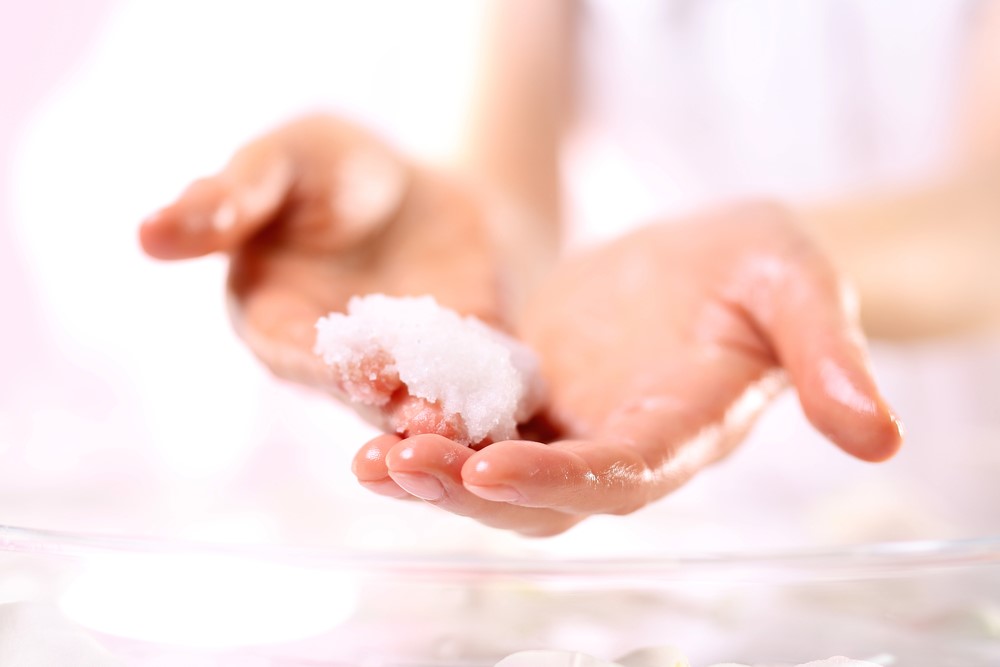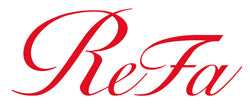
Physical vs Chemical Exfoliation. Which is Better? We’ll Break it Down for you!
Share
If you have been skipping exfoliation, your skin might not be as clean or healthy as it could be.
Exfoliation refers to the act of removing dead skin cells from the surface of the skin. It is a paramount part of a skincare routine as it smoothens the surface of your skin and eradicates the dead skin cells, excess sebum and clogged pores – which are common skincare problems that could lead to acne, blackheads and oily skin. Exfoliation can instantly make your skin feel fresher, smoother and softer. In fact, regular exfoliation is key to maintaining a healthy glow and softer skin. It is typically done after regular cleansing.
Exfoliation can be done either through physical or chemical means. Physical exfoliation uses gritty means to physically remove the dead skin cells by scraping and brushing the skin. This could involve microbead face scrubs or grainy exfoliating agents. They could come in the form of a product with jojoba beads and sugar or tools like facial brushes. On the other hand, Chemical Exfoliation involves special acidic elements to dissolve the bond between the dead skin cells and your skin. Unlike physical exfoliators, chemical exfoliators remove the skin cells without any friction.
While both means of exfoliation are effective in promoting skin renewal through the removal of dead skin cells, which is more effective?
Thankfully, both methods are beneficial for your skin. However, they vary in terms of suitability. Read on to find out which exfoliation better for your skin type.
Physical Exfoliators
If you struggle with blackheads and sebum, then physical exfoliators are just right for you. They are excellent for blemish-prone skin and clogged pores. The grainy bits in manual exfoliators help to scrub and remove dirt and dead skin cells for smoother and cleaner skin.
Most physical exfoliators show immediate results. They also help to stimulate blood circulation to reduce facial puffiness and detox the skin for a healthier and suppler face.
However, you’d want to avoid manual exfoliation if you have dry, sensitive and acne-prone skin. Manual exfoliation could be too harsh on the skin and lead to breakouts and redness.
Chemical Exfoliators
If you struggle with acne, occasional breakouts, or sensitive skin, then physical exfoliators may not be right for you. Instead, opt for a chemical solution which is gentler but still effective for removing dead skin cells. While they are powerful, they are relatively gentler on the skin compared to manual exfoliation. It penetrates deep into the skin to dissolve the dead skin cells and grime for brighter and cleaner skin. Chemical exfoliators tend to use an acid-based or enzyme formula to target even the smallest speck of dirt on your face.
The 2 most common chemical exfoliators include AHA and BHA solutions.
First, Alpha-Hydroxy Acids (AHA) uses water-soluble acids like citric acid that has anti-inflammation and brightening properties. These types of solutions are great for aged and tired skin as it speeds up the natural regeneration process and brightens dull skin.
Beta Hydroxy Acids (BHA), on the other hand, uses oil-soluble elements like salicylic acid that can penetrate deep into the skin to reduce inflammation and eliminate dirt and grime for your face. BHAs are great for acne-prone and oily skin. They leave your skin feeling squeaky clean and fresh!
